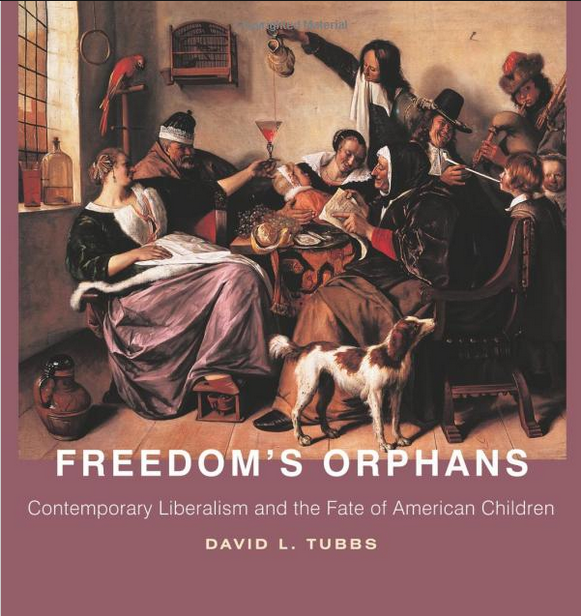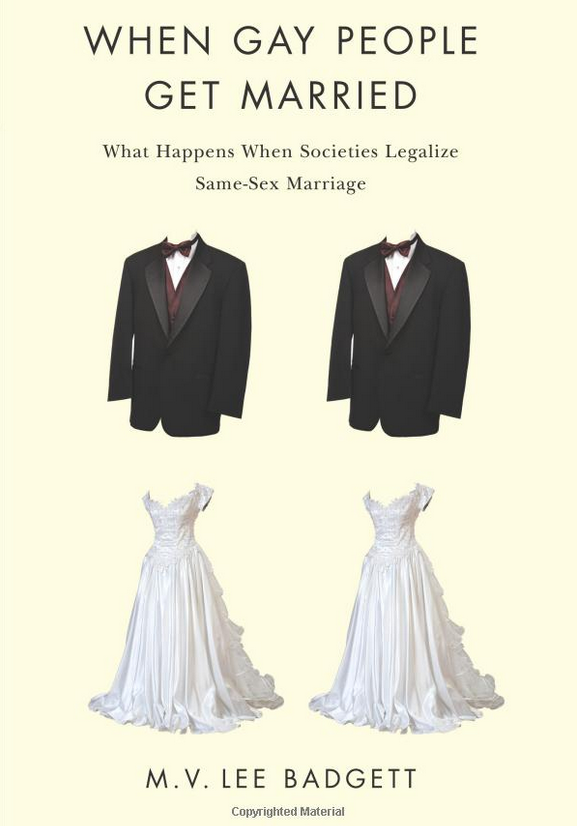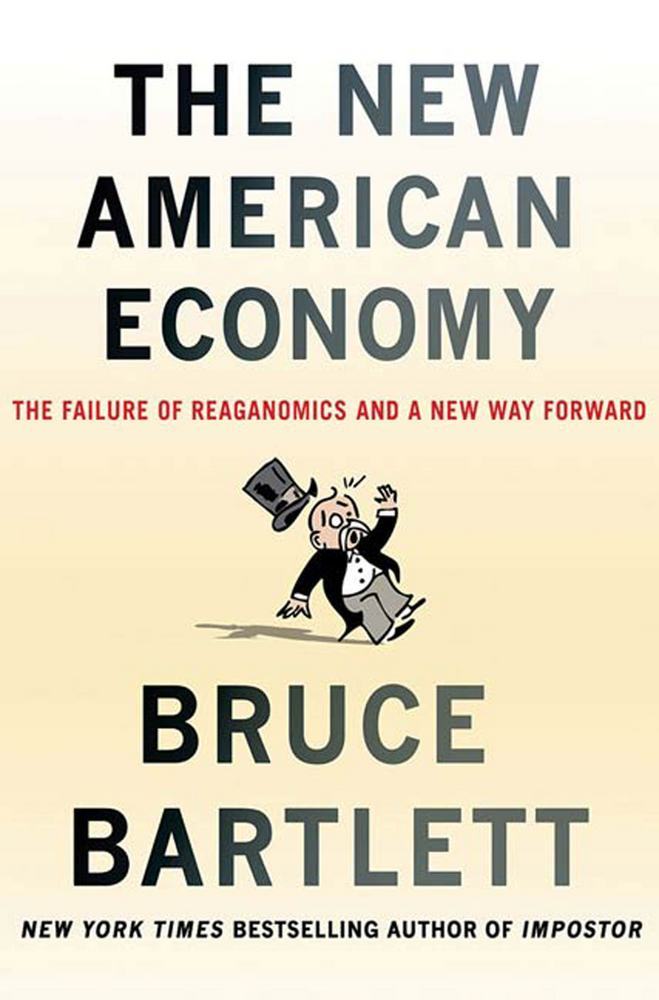When homosexuality was deleted from the Diagnostic and Statistical Manual of Mental Disorders (DSM) in 1973, the American Psychiatric Association was motivated not by the scientific evidence but by a therapeutic desire to weaken prevailing social attitudes that allegedly damage the self-esteem of homosexuals. Consequently, much of the discussion of homosexuality by public-health officials and […]
Read MoreHealth Hazards of Homosexuality
- Post by: Bryce J. Christensen
- April 12, 2010




